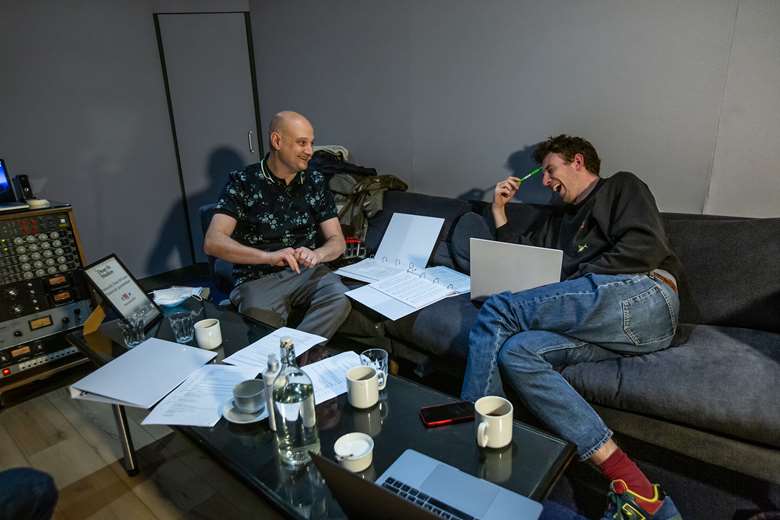U.Me, The Musical: new radio musical brings hope in the pandemic
Jon Tolansky
Wednesday, May 5, 2021
'It’s all about how we can come together again through art in a pandemic': Jon Tolansky finds out more about a new radio musical that tells an international love story, created to offset the isolation and loss wrought by Covid-19.

Photo: Tricia Yourkevich.

Register now to continue reading
Don’t miss out on our dedicated coverage of the classical music world. Register today to enjoy the following benefits:
- Unlimited access to news pages
- Free weekly email newsletter
- Free access to two subscriber-only articles per month